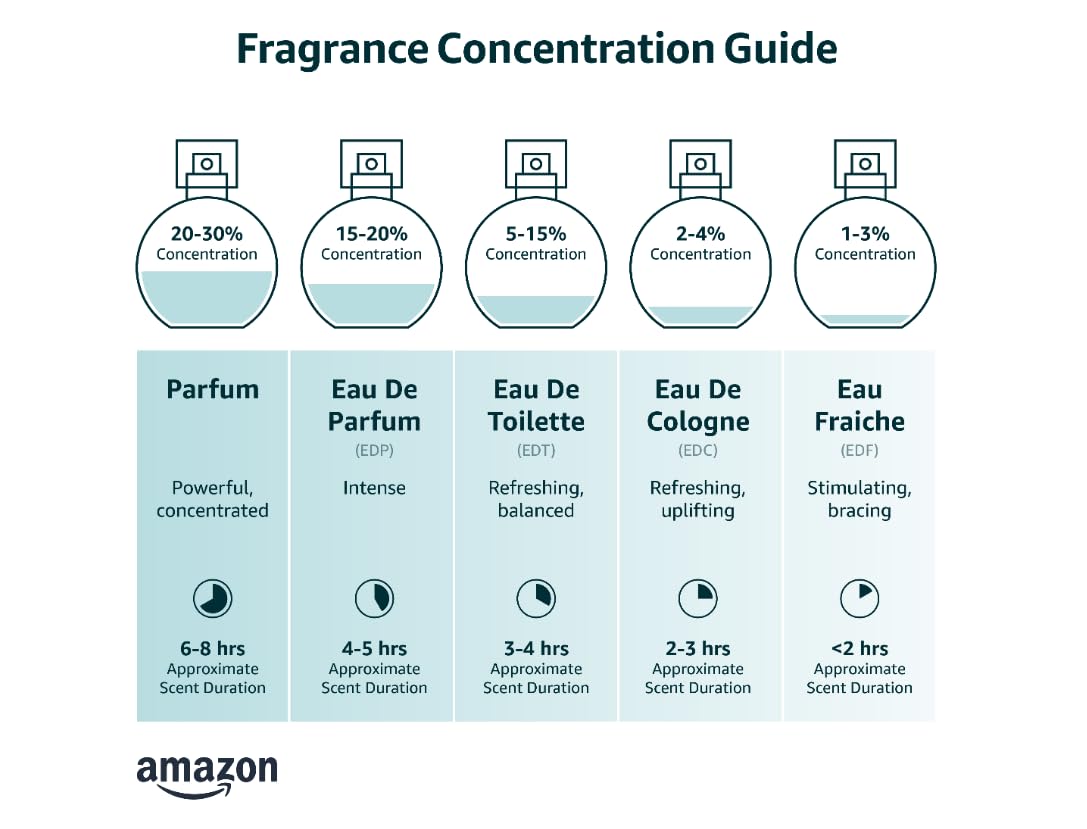





Men's Maritime Eau de Cologne 2.5 Fl. Oz.
Category: John Varvatos Acc

The development of artificial intelligence (AI) has been a topic of increasing interest and discussion in recent years. AI refers to the ability of machines to perform tasks that typically require human intelligence, such as visual perception, speech recognition, decision-making, and language understanding. As the field of AI continues to advance, it is essential to understand both the potential benefits and the potential risks associated with this technology.
One of the primary benefits of AI is its ability to automate and streamline a wide range of tasks, which can lead to increased efficiency and productivity. For example, AI-powered chatbots and virtual assistants can handle customer service inquiries more quickly and consistently than human employees, freeing up time for businesses to focus on other priorities. Similarly, AI-powered algorithms can analyze large data sets and identify patterns and insights that would be difficult for humans to detect, which can be particularly valuable in fields like finance, healthcare, and scientific research.
Another key benefit of AI is its potential to address complex global challenges. AI systems can be used to model and simulate complex systems, such as climate patterns or disease outbreaks, which can inform more effective policymaking and decision-making. Additionally, AI-powered technologies can be used to develop new solutions to challenges like renewable energy, food security, and disease prevention.
However, the development of AI also raises a number of concerns and potential risks. One of the primary concerns is the potential for AI systems to be used in ways that are unethical or harmful, such as the development of autonomous weapons or the use of AI-powered surveillance systems to infringe on individual privacy. There are also concerns about the impact of AI on employment, as the automation of certain tasks may lead to job displacement and increased economic inequality.
Another concern is the potential for AI systems to perpetuate and amplify biases and discrimination. AI algorithms are trained on data that may reflect existing societal biases, and if these biases are not addressed, they can be reflected in the outputs of AI systems. This can have significant implications in areas like hiring, criminal justice, and healthcare, where AI-powered decision-making can have significant impacts on people's lives.
Finally, there are concerns about the potential for AI systems to become too powerful and to act in ways that are not aligned with human values and goals. As AI systems become more advanced and autonomous, it may become increasingly difficult to control or predict their behavior, which could lead to unintended consequences or even existential risks.
Overall, the development of AI represents both significant opportunities and significant challenges. As we continue to explore the potential of this technology, it is crucial that we do so in a responsible and ethical manner, with a focus on maximizing the benefits and mitigating the risks. This will require ongoing collaboration and dialogue between AI researchers, policymakers, and the broader public, as well as a commitment to the development of AI systems that are transparent, accountable, and aligned with human values.
product information:
| Attribute | Value |
|---|













